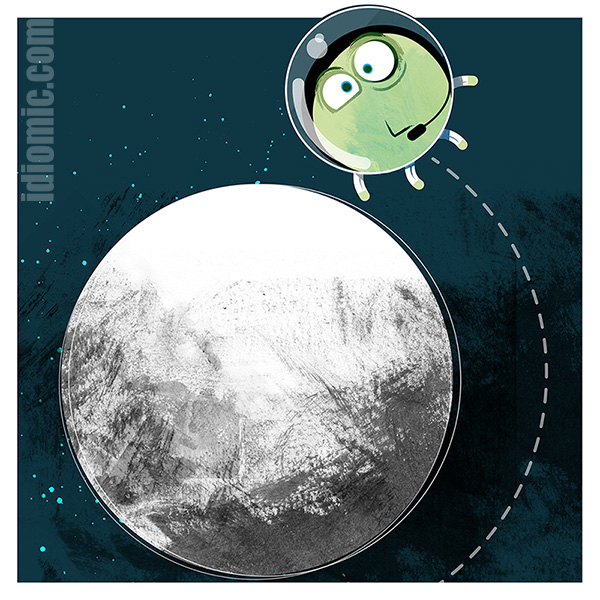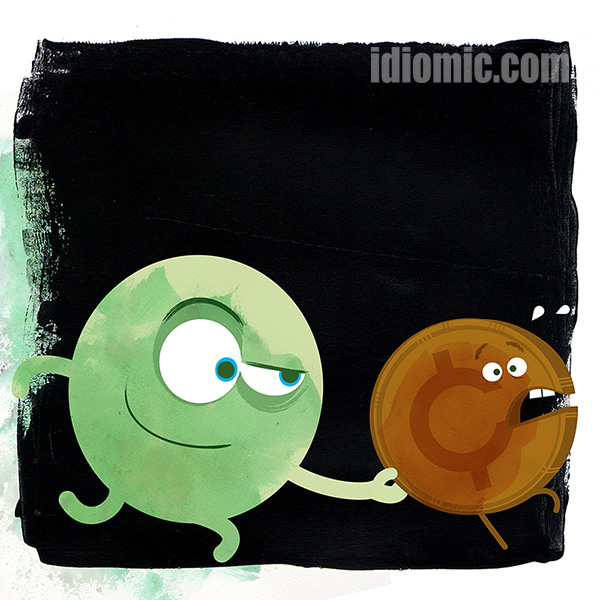Definition: To be alert, quick to react, or clever.
Example: Luckily, Smithy was on the ball, and noticed that he had spelled his boss, Mr. Fort’s name wrong on the email, and corrected it before sending it. It’s amazing how a misplaced ‘a’ can do so much damage.
Origin:
A common explanation for on the ball gives it a naval connection like so many other phrases. We’ll visit some of the others at a later date. This particular one claims that it is related to the time-ball atop the Royal Greenwich Observatory in London, which in turn overlooks the Royal Naval College on the banks of the Thames. Ships moored riverside could set their timepieces by it as it dropped at the strike of one. Their clocks would be set to the second, or ‘on the ball’. Sounds great, but apparently untrue.
It is simply a shortening of the sporting advice “Keep your eye on the ball”. Bet you heard that phrase more than once during your childhood.
BOOOORRRRIIINNNGGGG! Iddy liked the naval origin much better.
Incidentally, that ball in Greenwich? It still drops every day, even now. Check it out if you ever happen to be in the vicinity!






